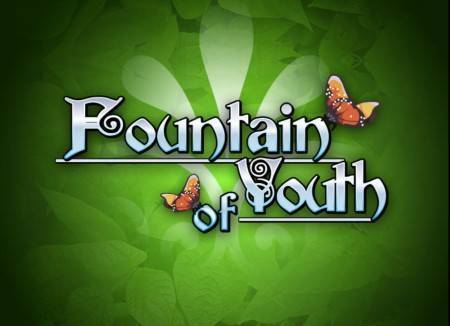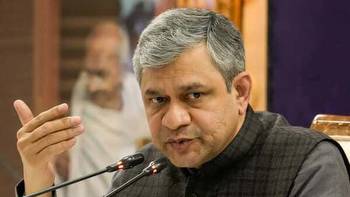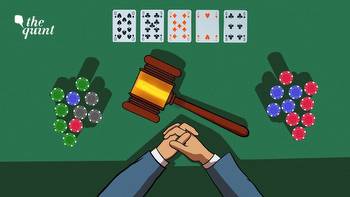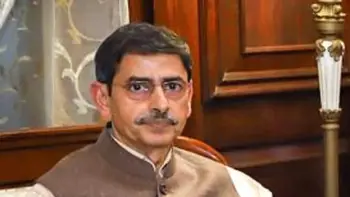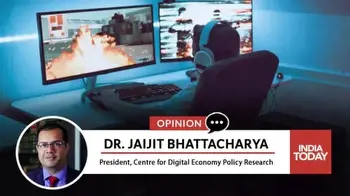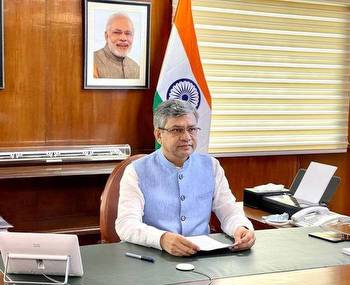Controversial Statement by MoS IT: States Cannot Regulate Online Gambling on the Internet, Says Rajeev Chandrasekhar

The Minister of State (MoS) for Electronics and Information Technology, Rajeev Chandrasekhar, made a controversial statement on April 14, stating that it is futile for states to regulate online gambling as the internet falls under the jurisdiction of the Central government. Chandrasekhar referred to IT amendments that have established the basic principle for online gaming permits, and argued that the internet cannot be regulated by states. He further emphasized that state governments attempting to legislate activities on the internet, even if they have law and order control, is meaningless. Chandrasekhar made these remarks during a Twitter Live session, which could potentially draw criticism from detractors.
The recent statement by Minister of State (MoS) for Electronics and Information Technology, Rajeev Chandrasekhar, marks his first public comment on the ongoing regulatory debate between states and the Centre regarding online gambling. Following the Central government’s introduction of new IT amendments earlier this month to regulate the online gaming space, Tamil Nadu (TN) passed a comprehensive law banning online gambling. The Tamil Nadu Prohibition of Online Gaming and Regulation of Online Games Act, 2022, which received the Governor’s assent this week, imposes fines and imprisonment for online gambling participation. Chandrasekhar dismissed the nuances of games of chance and skill, referring to the TN law as ‘loft’. He emphasized that betting is the byproduct of wagering on game outcomes.
The Minister of State (MoS) for Electronics and Information Technology, explained his rationale by stating that whether a game is a skill-based game or a game of chance does not matter when it comes to betting on the outcome. He gave an example of chess, stating that even if it is a game of skill, if there is a provision to bet on its outcome, it still constitutes betting.
The MoS further criticized the law enacted by Tamil Nadu, calling it a regulatory minefield of uncertainty, ambiguity, and confusion. However, he also mentioned that with the IT amendments, the Centre is looking at regulated betting in the broader Indian context, and states are free to implement additional regulations on top of that if they wish to prohibit certain activities under their local laws.

He stated, “If they (the states) want to say like, look, as a gamer in the X state, we also don’t want you to do ABCD and that will fall afoul of our local laws. They’re free to do that,” indicating that states have the autonomy to impose additional regulations based on their local requirements.
In a veiled criticism of critics, the Minister of State (MoS) for Electronics and Information Technology pointed out that some states, organizations, and lawyers have intentionally or unintentionally created confusion, making the IT amendments for online gaming more complex. Speaking in a virtual session, the minister emphasized that the new online gaming rules were designed to ensure a safe and trustworthy internet environment in India, with a focus on mitigating user harm.
He further elaborated that the new norms specifically identify betting and wagering as forms of user harm, and thus, are considered a ‘no-go area’ for gaming intermediaries. The minister also stated that the new online gaming regulations provide a clear framework for states, courts, and gaming companies, outlining what is permissible under the new regime.
Reiterating the government’s position on offshore betting platforms, the Minister of State for Electronics and Information Technology stated that platforms based in the British Virgin Islands or Cayman Islands, which do not comply with local regulations, will not be allowed to advertise on the Indian internet. This statement comes after the minister recently met with executives of online gaming companies, during which these platforms expressed concerns about conflicting regulatory norms between the central and state governments, seeking clarification on the matter and expressing fears of prosecution or probes by state governments while adhering to central guidelines.
Meanwhile, industry players represented by the All India Gaming Federation have publicly announced their intention to challenge the constitutionality of the Tamil Nadu law once it is notified. This move is expected to pose additional compliance challenges for online platforms, potentially resulting in double compliance burdens. Despite these challenges, the online gaming industry in India is projected to experience significant growth, with a market size estimated to reach $8.6 billion by FY27.
Calling all entrepreneurs, investors and business owners! The wait is finally over. The 2nd edition of Startup Story B2B Connect is back with a bang – and this time, we’re taking it up a notch. With more startups, more investors and bigger opportunities than ever before, this is your chance to connect, collaborate and take your business to the next level. Get ready for an unforgettable networking experience that’s set to change the game. Stay tuned for all the exciting updates! Register Now Here.







